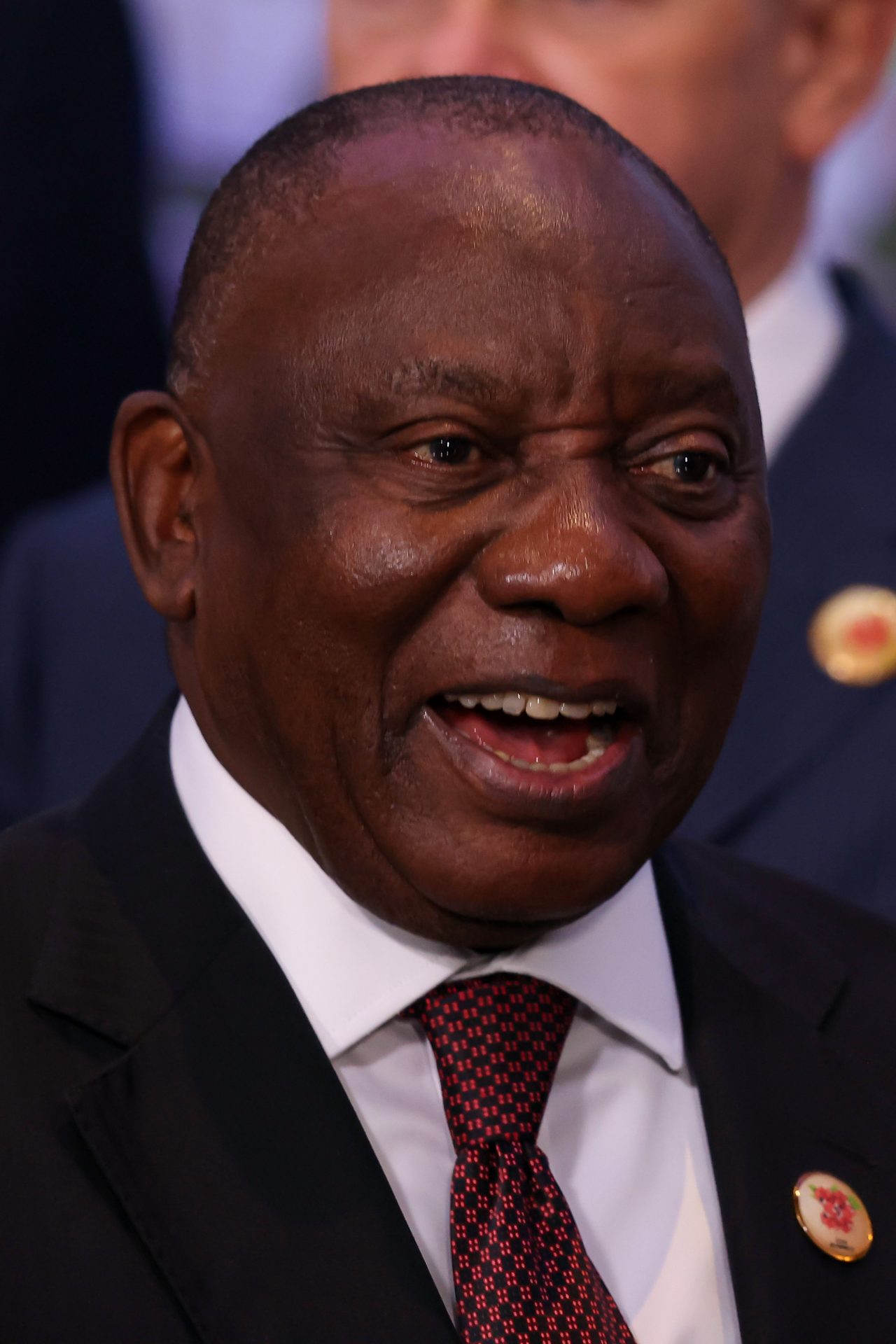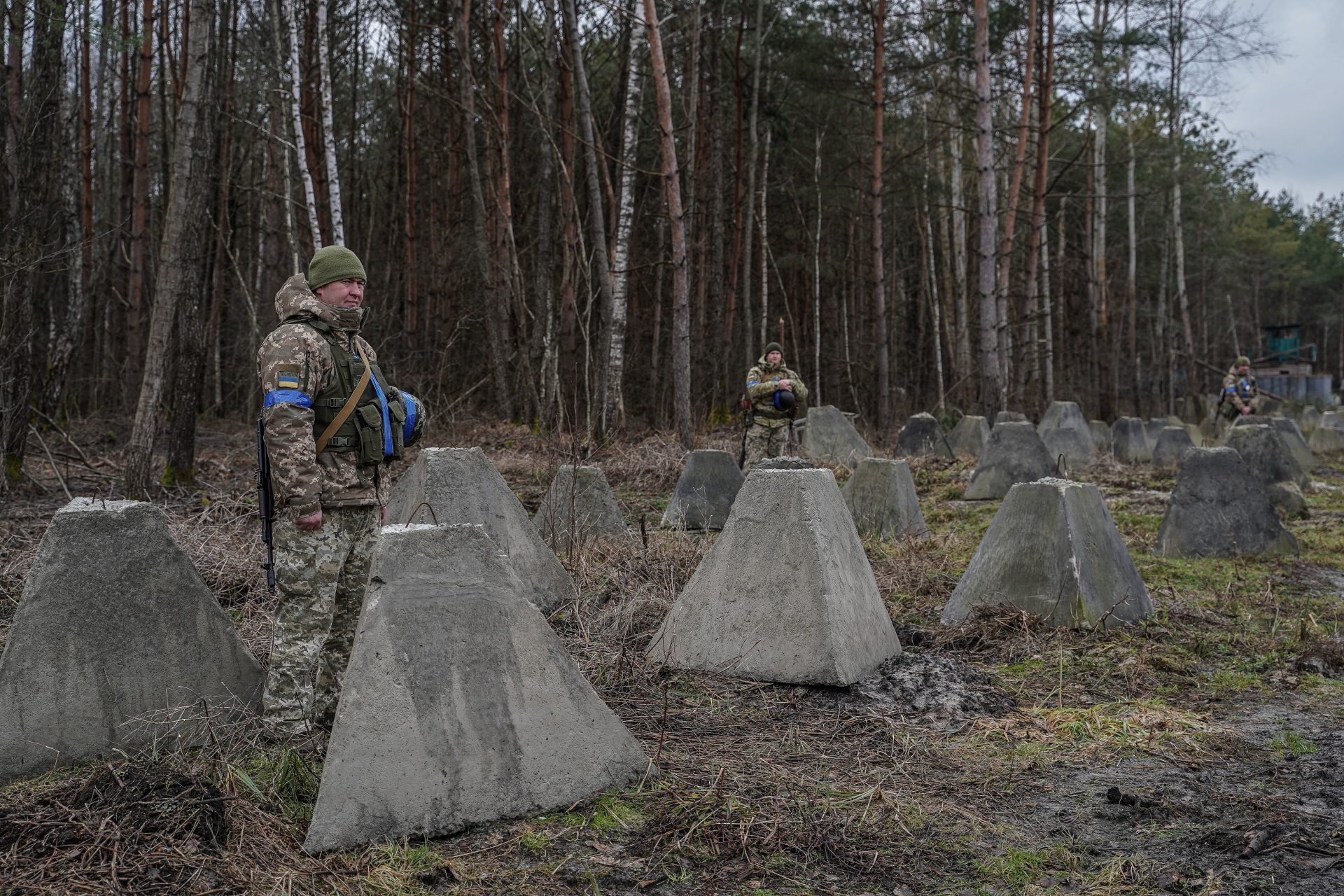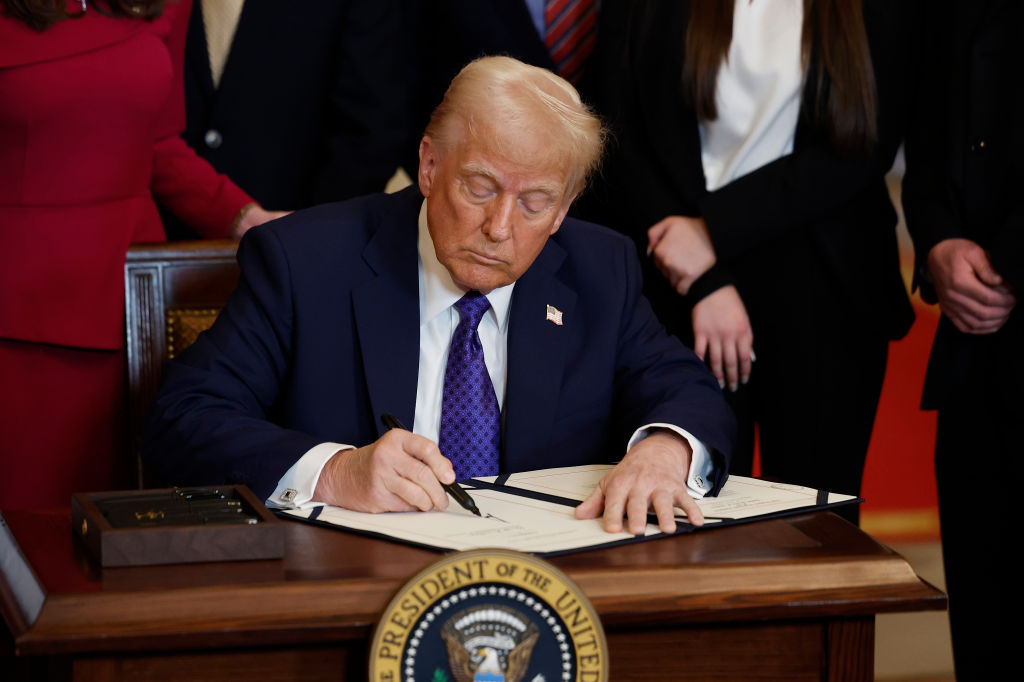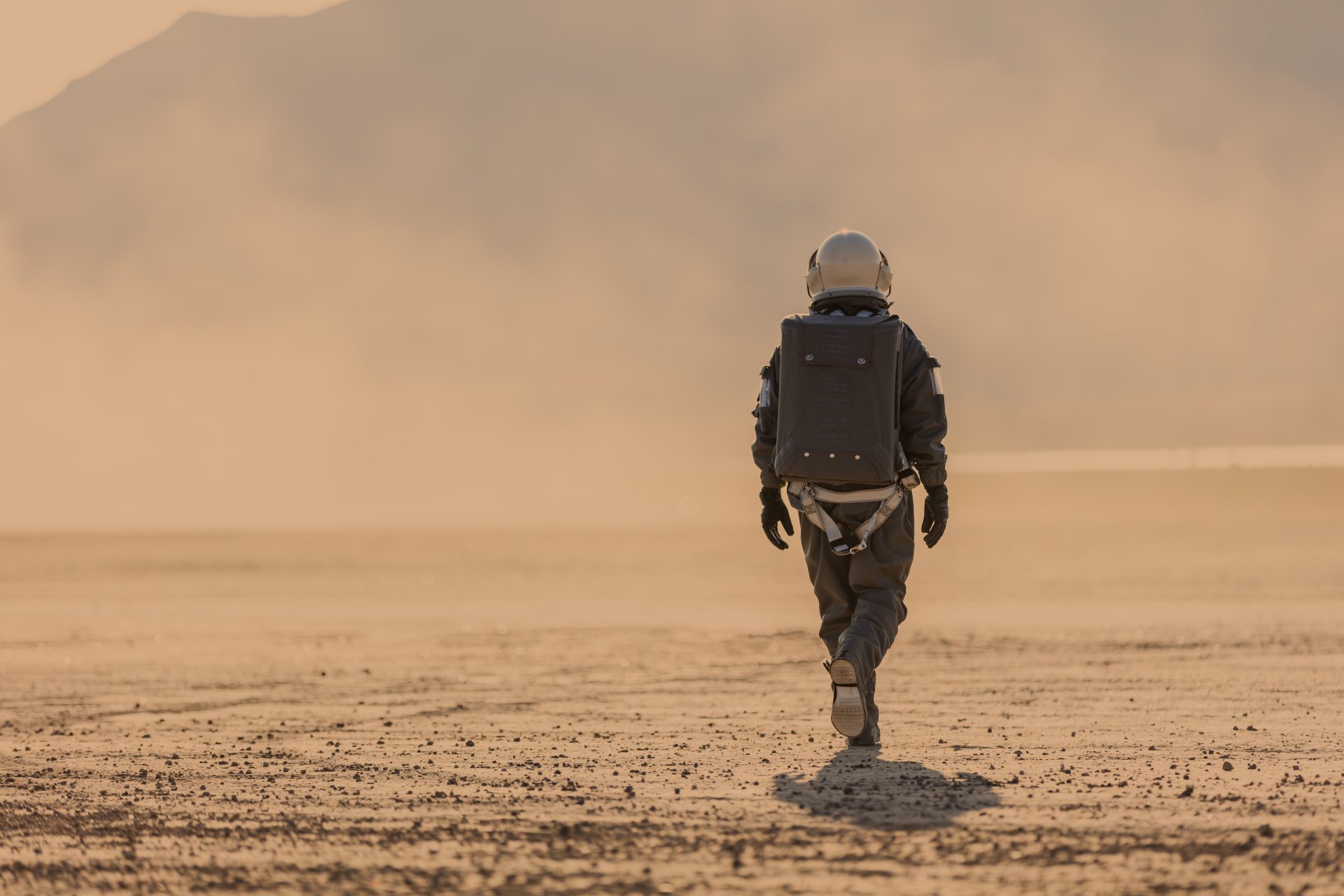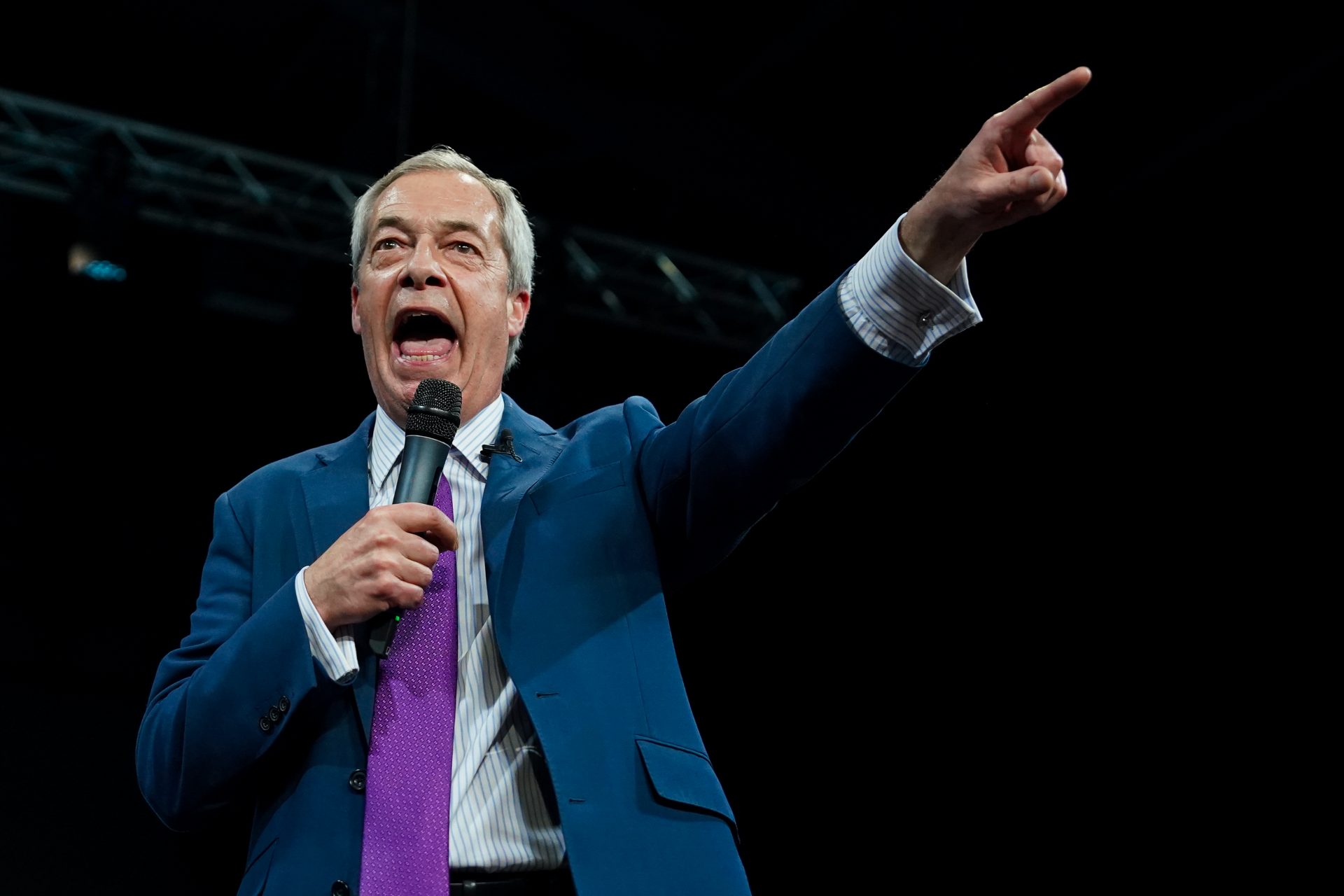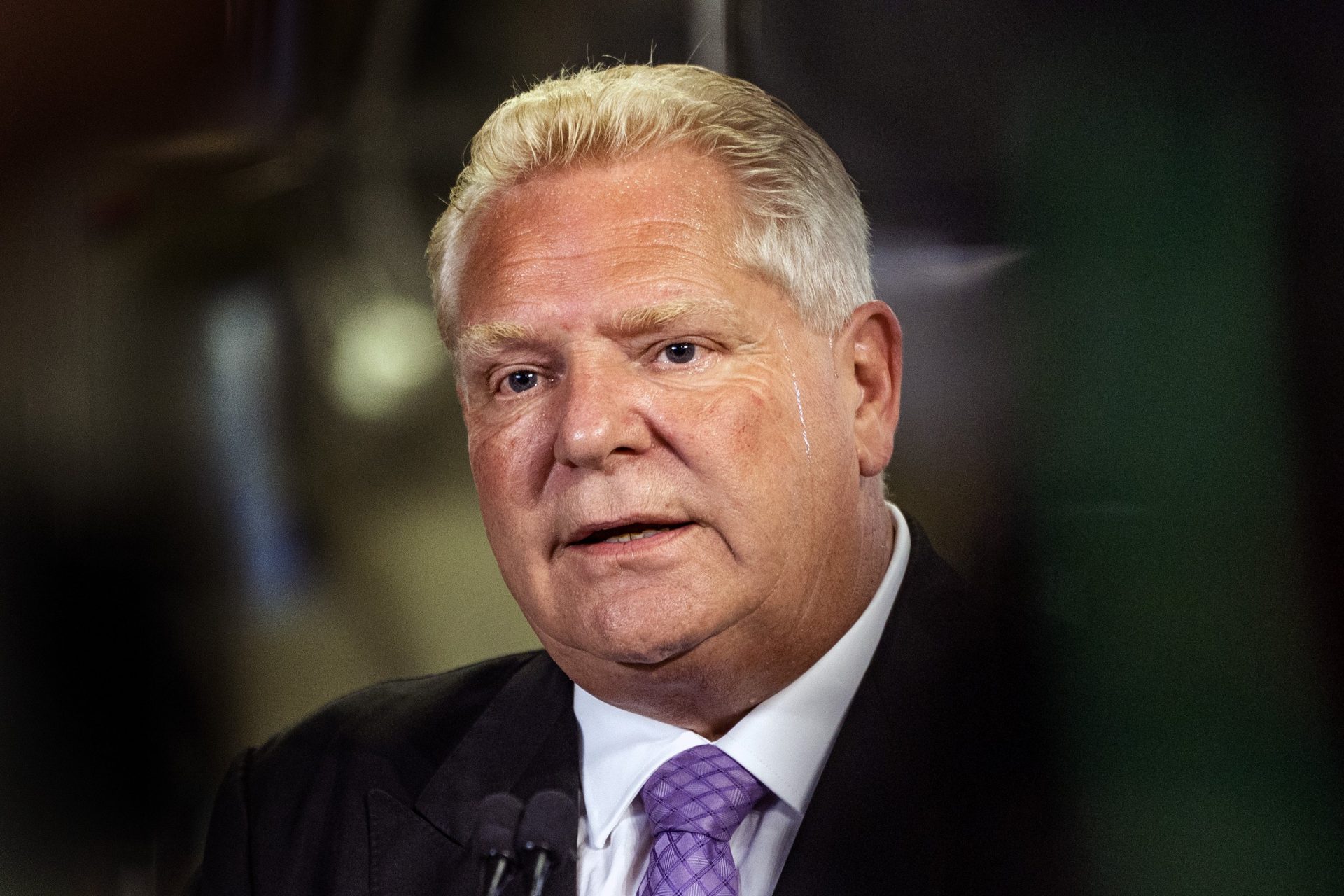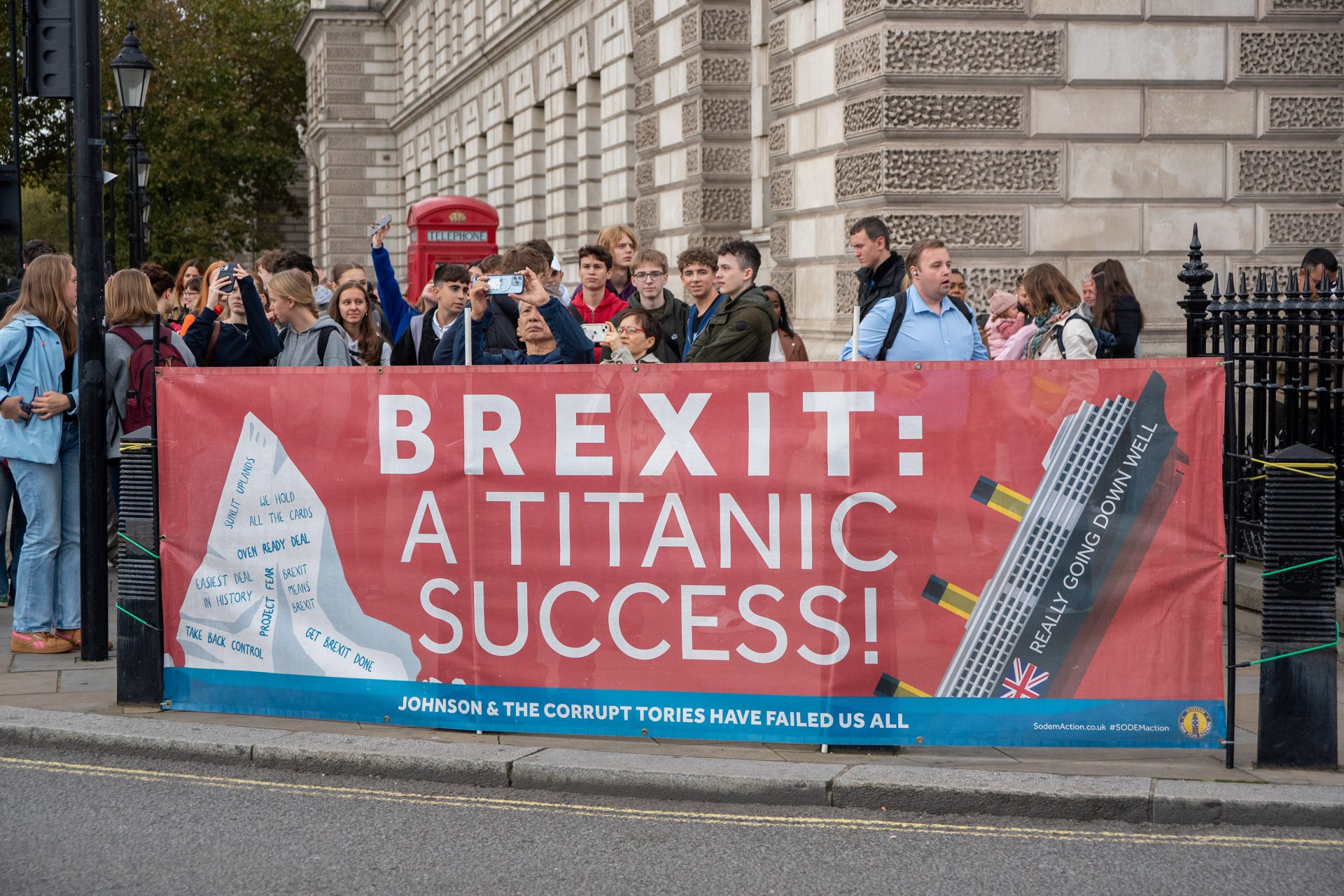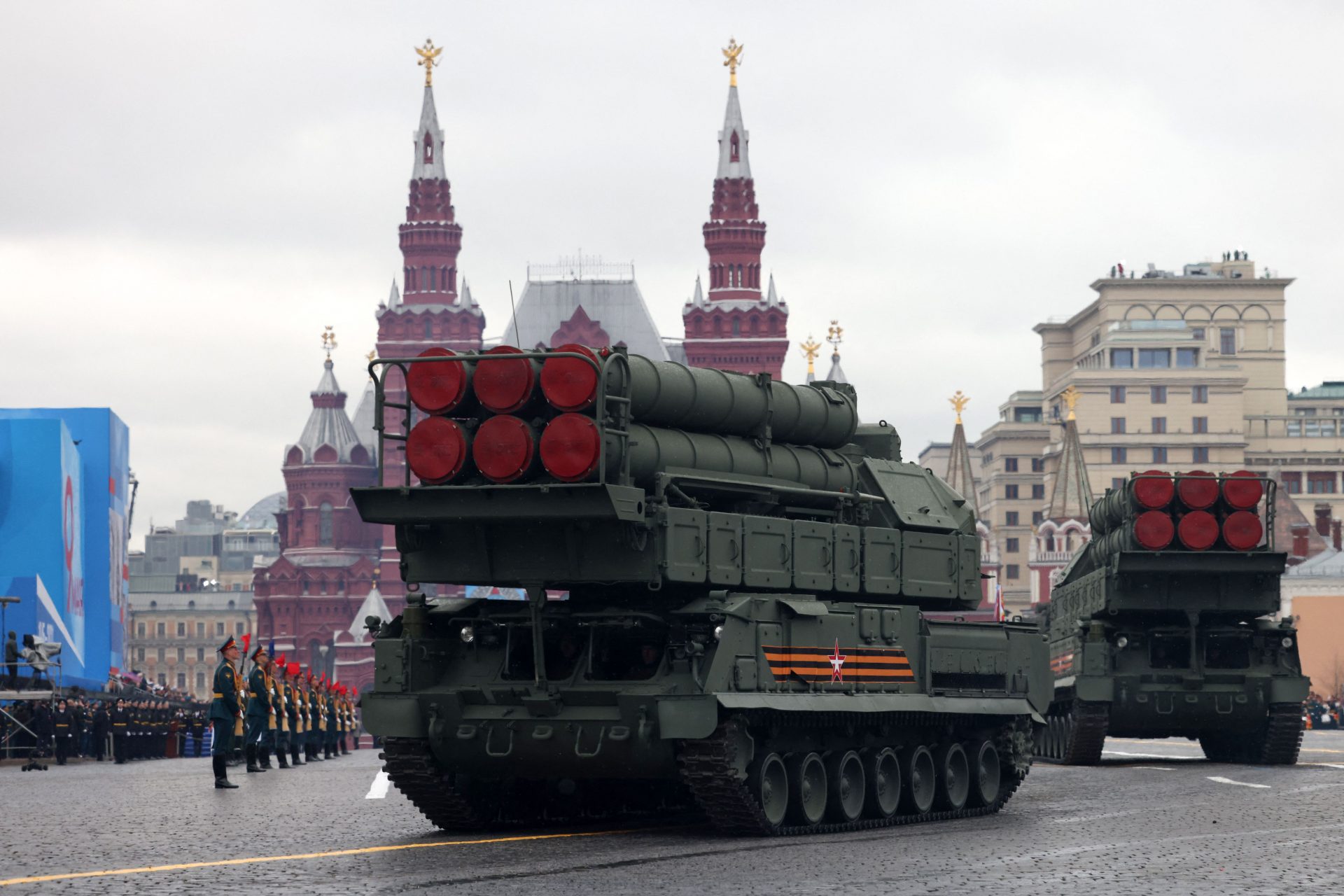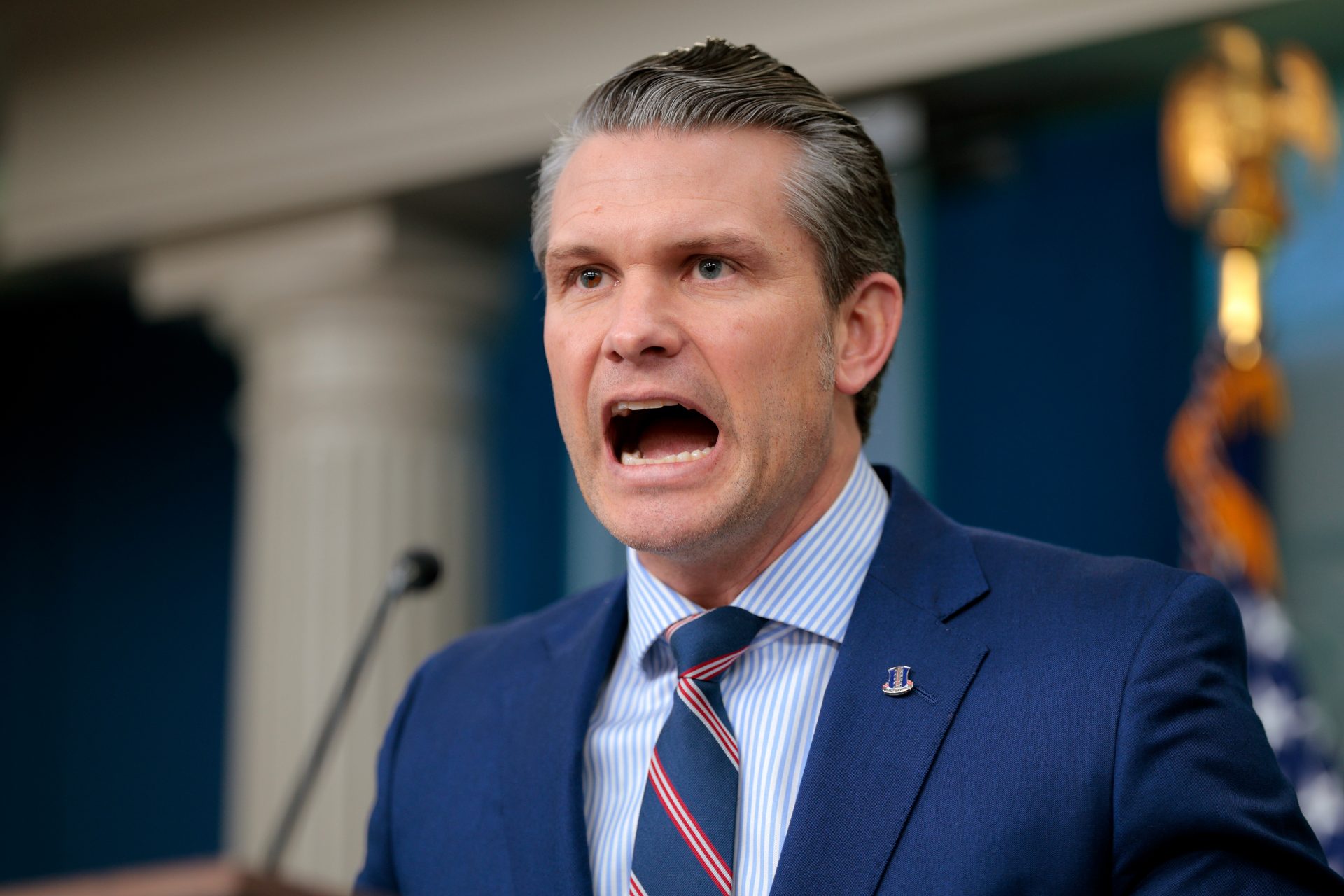How Putin justifies the invasion of Ukraine
Every war has at least two sides. Those coming from the West seem clear enough: To defend Ukraine as a sovereign state after being attacked by an autocratic regime.
However, what are the arguments of Vladimir Putin and the Russian population that support him?
During his annual speech to Russia's Federal Assembly, a few days before the one-year anniversary of the invasion of Ukraine, Putin went over the motives that led to his 'special military operation'.
“One year ago, to protect the people in our historical lands, to ensure the security of our country and to eliminate the threat coming from the neo-Nazi regime that had taken hold in Ukraine after the 2014 coup, it was decided to begin the special military operation,” stated Putin.
The part about 'our historical lands' might sound odd, but one can't deny that Russia and Ukraine share strong historical and cultural bonds.
Both modern-day countries have a long history together, technically forming part of the same polity on several occasions such as the Kievan Rus', the Russian Empire, and the Soviet Union.
Image: Nico Smit / Unsplash
With Ukraine becoming independent in 1991, after the dissolution of the Soviet Union, the country has drifted closer to Europe. This is tantamount to treason for Putin and Conservative Russians, that have always seen Ukraine and Russia being part of a whole.
Picture: Demonstrations in Kyiv in 1990.
Comparing the current Ukrainian government to Nazi sympathizers or just plain Nazis is an argument Putin has used since the beginning.
Hours before the invasion, Russian President Vladimir Putin justified his reasons to declare war on Ukraine as part of a process of “demilitarization and denazification”.
During the 2022 broadcast, Putin evoked several times the Second World War as a point of reference for the current special military operation: The invasion of Ukraine would continue the Great Patriotic War against Hitler and fascism.
One of the salient points among those who accuse the Ukrainian government of having connections with dangerous extremist groups is the existence of the Azov Battalion.
This neo-Nazi volunteer militia from Mariupol has been integrated into the Ukrainian National Guard and receives funding from the Ministry of Internal Affairs.
Pictured: Artifacts claimed to be from the Azov Battalion exhibited in an anti-Western museum exposition in Moscow.
The Nazi influence of the Azov Battalion, which started out as a group of football ultras of the FC Metalist Kharkiv, can be seen on its emblem. It shows a 'Wolfsangel', a rune-like symbol that was used extensively by several military units of Nazi Germany and by neo-Nazi groups around the globe.
Pictured: Members of the Azov Battalion pose with the unit's former flag.
Putin also places responsibility for the war only on Western actions. “Let me reiterate that they were the ones who started this war, while we used force and are using it to stop the war,” the Russian President highlighted.
Another argument by Putin and by those who put into question The West's response to Russia has been the strategy taken by the North Atlantic Treaty Organization.
NATO would allegedly be trying to bring Ukraine into the fold despite Russia's protests, which doesn't want to have military bases from a potential enemy on its borders.
Some have compared Putin's special military operations in Ukraine to 1962 when the United States almost went to war due with the Soviet Union due to the presence of nuclear missiles in Cuba, within short range of US soil. The missiles were eventually removed.
People following this train of thought ask: If Kennedy felt that US security was at risk and managed that Khrushchev removed the missiles from Cuba, why can't Putin demand NATO to back off from Ukraine? Although, after the invasion started, Ukraine stated that it would not take part in the alliance.
Nostalgia for the old Soviet Empire also plays a role in the military actions Russia has had in Ukraine, but also in other regions such as Chechnya.
The loss of power and relevancy that brought the dissolution of the Soviet Union has been a generalized trauma affecting the Russian people, particularly in comparison to the turbulent years that followed.
As Cold War scholar James Hershberg argued in a piece for Foreign Policy, Putin regards the collapse of the Soviet Union as “a genuine tragedy” and “the greatest political catastrophe” of the 20th century.
Others see in Putin's policy an expansionist drive that could be on the ideas of Aleksandr Dugin, an ultranationalist thinker that has been described by the BBC as “Putin's Rasputin”.
Image: Fars Media Corporation, Wikimedia commons
Dugin supports the creation of a Eurasian empire far beyond Russia's borders as a counterweight to the United States. His proposal? A bloc of nations united by statism and Christian (and anti-LGBT) values that spread “from Lisbon to Vladivostok”.
Patriarch Kirill of Moscow, leader of the Russian Orthodox Church, has also justified the Ukrainian invasion as a war “against the evil” of perverted Western values. The patriarch singled out “gay pride” among them.
CNN Vatican correspondent Delia Gallagher wrote that Kirill considers Russia's invasion of Ukraine as “a fundamental rejection of the so-called values that are offered today by those who claim world power”. In other words, The West.
Another argument that has been criticized as 'pro-Russian' is framing an equivalence between the alleged war crimes done by Russian troops, like the civilian deaths in Bucha, to actions perpetrated by the Ukrainians. Videos showing executing captured Russian soldiers, for instance.
In an opinion piece published by The New York Times, Russian media historian Ilya Yablokov pinpoints five conspiracy theories promoted by Putin and the Russian government to justify the war in Ukraine.
The first of the five theories enumerated by Yablokov is that “The West wants to carve up Russia’s territory”. The article cites Putin and his belief that “everyone” wants a piece of Russia.
Image: Egor Filin / Unsplash
Yablokov argues that the idea that “NATO has turned Ukraine into a military camp” has become a useful bogeyman to move Russian voters towards Putin.
Another useful bogeyman? The Russian opposition, led by figures such as Alexei Navalny, who is currently in prison. The New York Times opinion piece couldn't be clearer with its third conspiracy theory: “The opposition wants to destroy Russia from within — and is backed by the West”.
'The global LGBTQ movement is a plot against Russia' is, according to Yaboklov, another way to sum up one of the most divisive points exploited by The Kremlin against The West. Putin claims he's only defending the traditional Christian values of the Russian people.
The fifth and final theory goes beyond the realm of rhetoric to become a very serious accusation: “Ukraine is preparing bioweapons to use against Russia”. Even Russia's Foreign Minister Sergei Lavrov shared this canard to heat up the ongoing conflict.
All these previously mentioned theories and arguments are constantly shared by the monolithic Russian media. Does this mean the Russian population supports the war? From the people who exhibit the Z in support of Putin to those in jail for protesting the invasion, it's hard to tell.
Image: Artem Beliaikin / Unsplash
It's often said that polls have never shown Putin's approval dropping below 60%, The Ukrainian invasion is no exception, with Forbes showing in late March support of 83% of the Russian population.
Putin's supporters argue that it would be difficult to label him a dictator with so many Russians backing him, particularly during election times.
However, it's important to point out that the Russian opposition during those elections hardly has the same opportunities to run and manage a campaign as the pro-government camp.
One should always assume that, during wartime, there's propaganda and misinformation coming from both sides. Acknowledging the motives of the other side can be important.
Although their arguments might not convince us, understanding the other can be useful. Who knows, it makes help to make way for the ultimate goal: peace, free from any violence.
Image: Christian Wiediger / Unsplash
More for you
Top Stories









































